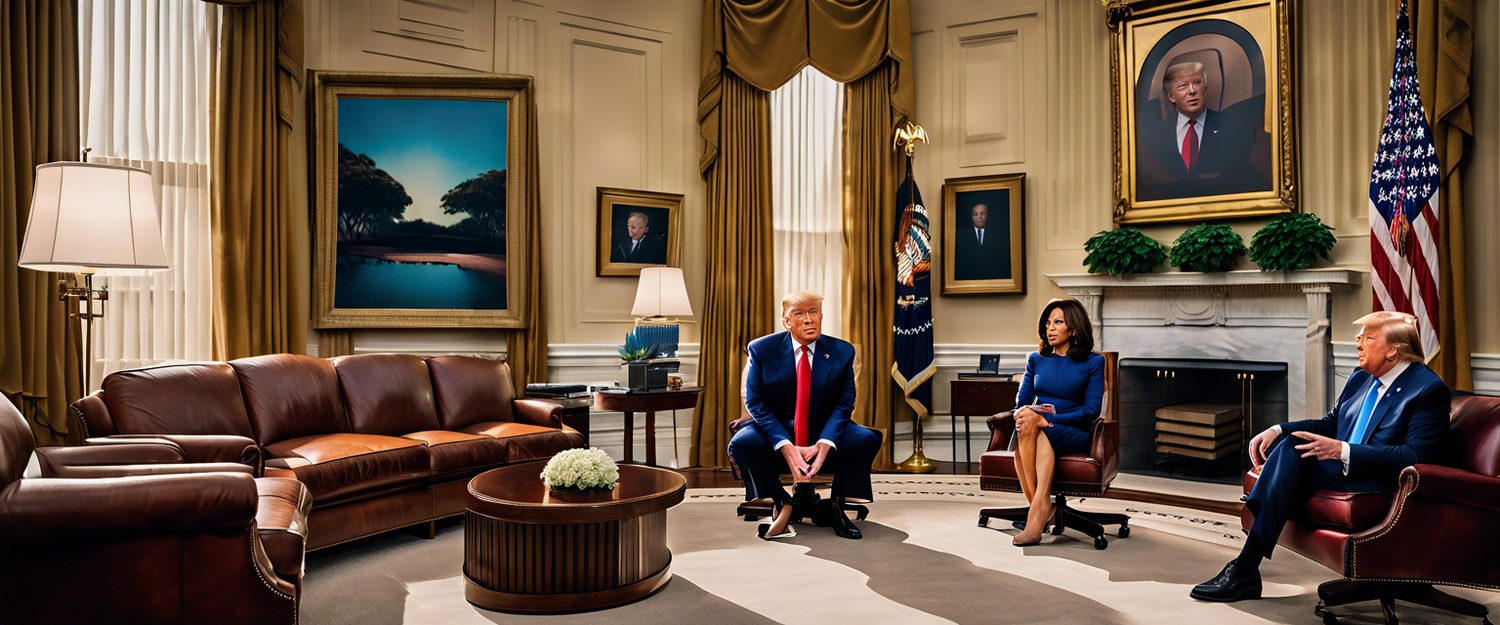Donald Trump Files SLAPP Complaint Against CBS: A Detailed Look
Former President Donald Trump has recently initiated yet another legal battle, this time with CBS. The lawsuit, widely regarded as a Strategic Lawsuit Against Public Participation (SLAPP), revolves around the edited content of CBS's 60 Minutes interview with Vice President Kamala Harris.
The Background of the Lawsuit
Trump's lawsuit comes on the heels of his criticism of CBS for what he claims is deceptive editing of Harris’ remarks. The former president asserts that the network's editing made her appear more coherent than she actually was. This controversy has ignited a broader discussion about media practices and editorial choices.
Trump’s Legal Arguments and Claims
- Allegation of Election Interference: Trump argues that CBS's editing constitutes a contribution to Harris' campaign, thereby interfering with the electoral process.
- Demand for Transcript: He has issued a formal request for the complete transcript of the interview, threatening legal action if not provided.
- Deceptive Trade Practices Act: Trump has filed a lawsuit demanding $10 million for alleged violations of this act.
Understanding the Broader Implications
This lawsuit not only highlights Trump's ongoing battle with the media but also raises questions about the implications for freedom of the press. Trump's previous legal actions against news outlets have been characterized as attempts to intimidate journalists and suppress critical coverage.
The Legal Environment
The lawsuit has been filed in the Northern District of Texas, an area known for its Trump-friendly judiciary. This choice of venue raises concerns about forum shopping, where litigants select jurisdictions favorable to their causes, regardless of the legitimacy of their claims.
Media Editing and Accountability
The heart of Trump's argument involves the FCC’s broadcast news distortion rule. Although he claims that CBS has deliberately distorted Harris’s statements, the practical application of this rule has proven to be mostly symbolic. Moreover, CBS had already released the full interview content that Trump alleges was suppressed.
Impact on Press Freedom
While this lawsuit may seem frivolous, it underscores a troubling trend in which legal actions are used as tactics to challenge press freedom. The fear is that if such lawsuits gain traction, they could deter media outlets from reporting on politically sensitive issues.
Conclusion
Trump's lawsuit against CBS may be just another chapter in his ongoing struggle with the media, but it serves as a significant warning sign for the future of news coverage. The implications of such legal actions could reshape the landscape of journalism, eroding the protections that are fundamental to a free press.
Related Articles
- The Rise of SLAPP Suits: What You Need to Know
- Media Freedom Under Fire: Historical Perspectives
- Understanding the FCC's Role in Broadcast Regulation
To Stay Updated
For the latest updates on media controversies and legal challenges, subscribe to our newsletter and stay informed.



Laat een reactie achter
Alle reacties worden gemodereerd voordat ze worden gepubliceerd.
Deze site wordt beschermd door hCaptcha en het privacybeleid en de servicevoorwaarden van hCaptcha zijn van toepassing.